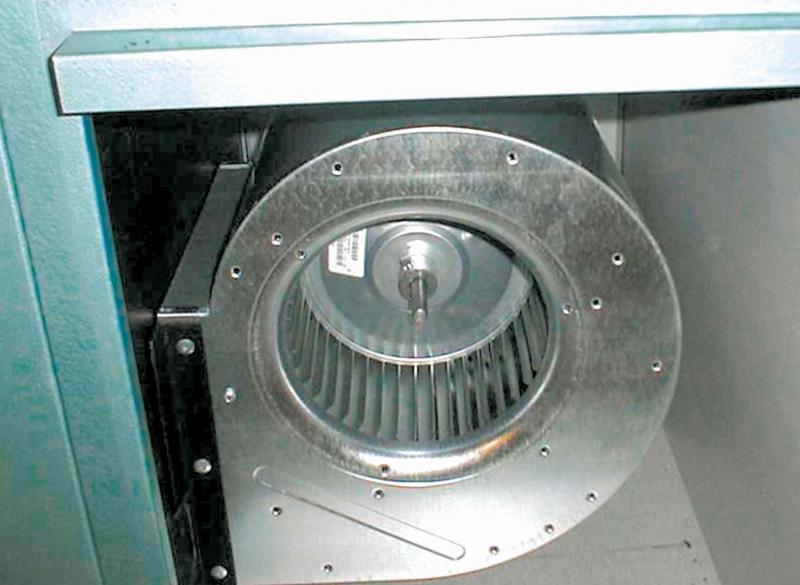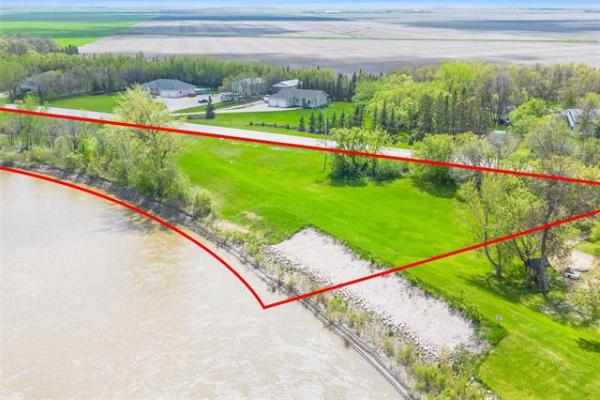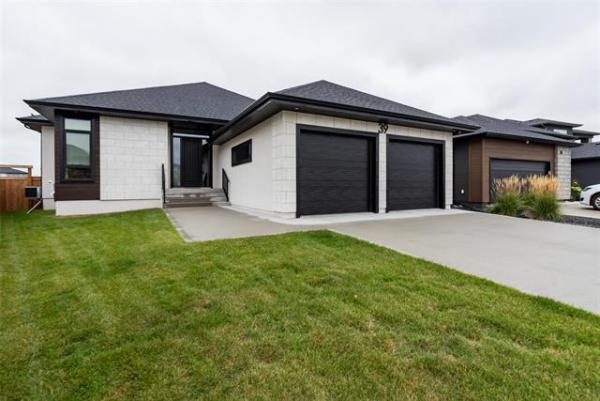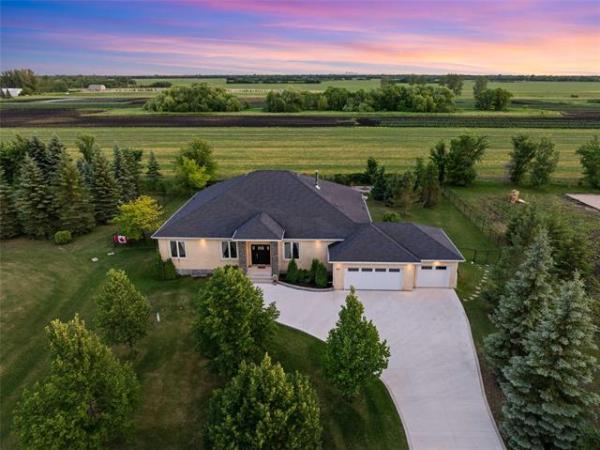QUESTION: My question is regarding my loud furnace. We built a 1,700-square-foot typical rectangular bungalow around 20 years ago. To me, the furnace has always been loud to the point that you have to turn up the volume on the TV whenever the air conditioning or heat goes on. Obviously, the fan is what I am hearing, but why is it so loud?
The furnace sits in the basement at one end of the house about eight feet from the end wall. The kitchen is immediately above it and the living room is right beside the kitchen. The bedrooms are at the other end of the house, but one still hears the loud furnace fan there, just not as bad. In the basement, the forced-air and return ducts run down the center of the house to the other end with smaller ducts running off at 90-degree angles to the rooms. I thought maybe the noise would get quieter when we finished the basement, but not so. The furnace, hot-water heater, HRV, water softener, etc. are in a room walled off from the rec-room. The ceiling in the rec-room is a dropped-ceiling tile type. No ceiling has been added in furnace-room area.
The plumber who did all the work has no answer. The electric furnace has a half-horsepower blower motor. I've been in many houses and never hear the forced-air furnace so loud. Usually one never hears anything at all. So what can I do next?
Cheryl Tomlinson, rural Manitoba
ANSWER: Complaints about noisy furnaces are not common, but are often quite fervent.
The problem is normally related to noise from air movement rather than from operation of the heating system itself. As air passes through our environment, especially at high speeds produced by mechanical ventilation systems or fans, it can become quite noisy. Dirt, dust, and debris collected by the moving air can collide with any impediments in their way. High-velocity air moving through small openings can cause whistling sounds. Also, normal forces of friction on furnace ducting and registers can slow down the air, creating further noises.
The more directional changes, right angles, corrugated ducts or restrictive registers you have, the greater the chance of noises occurring during operation. Speed of the blower will also have an effect on the noise level of the overall system. While there may be little you can do about the ducting, regulating the blower speed should be easily addressed.
If your home has a poorly designed system of ducts, there may be only a few things you can do without major repairs or renovations. You should check the heating and return-air registers to ensure that they are properly fitted, clean and not too restrictive to air movement. Many older metal registers have dampers that can easily become damaged or rusted. If these are poorly fitted or damaged, rattling and other noises can be expected. If they are plugged with dust and debris, or if your furnace filter is dirty, louder air movement will also be the result. Regular inspection and cleaning of all of these and changing the furnace filter every month or two can make a substantial difference.
Despite the possibility of noises from ducting, the main issue is probably the force and design of the furnace blower and/or motor. Most furnaces have at least a two-speed blower, but more modern units often have more speeds or variable speeds that can be adjusted by a technician. Many electric furnaces are quite simple in design and may only have one- or two-speed motors. If your furnace has only a single fan-speed setting, it may be a lower-quality unit with an integrally noisy fan. If your model has more than a single speed, running the fan on continuous low speed may ease the noise when it kicks in to high-speed mode. It may also circulate the air better, minimizing the time that the fan remains in the noisy high-speed mode.
If you investigate the matter further and discover that you have a lower-quality blower motor which is inherently noisy, upgrading to a better unit may be the ultimate solution to your problem. Since you described the initial furnace-installer as a plumber, he or she may not be very well-trained on forced-air heating systems. Many contractors, especially in rural areas, may have experience in plumbing, heating, and electrical but may not have the expertise to properly diagnose a tricky situation, like yours.
I would consult with a different licensed heating contractor, well-experienced in force-air electric systems, to see if modifications or an upgrade to the blower/motor is practical.
Ari Marantz is the owner of Trained Eye Home Inspection Ltd. and the President of the Canadian Association of Home & Property Inspectors - Manitoba (www.cahpi.mb.ca). Questions can be e-mailed to the address below. Ari can be reached at (204) 291-5358 or check out his website at www.trainedeye.ca.
trainedeye@iname.com




